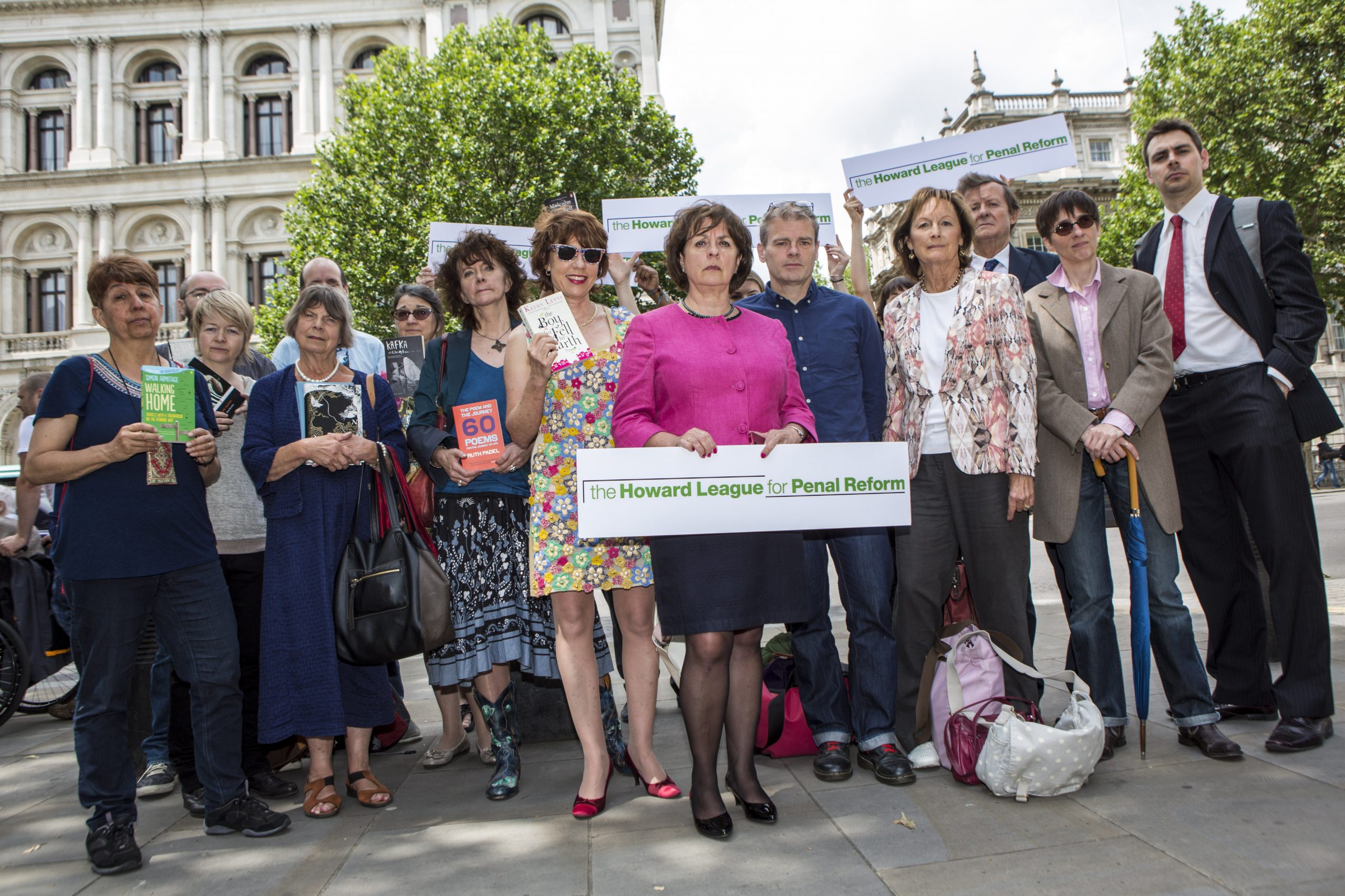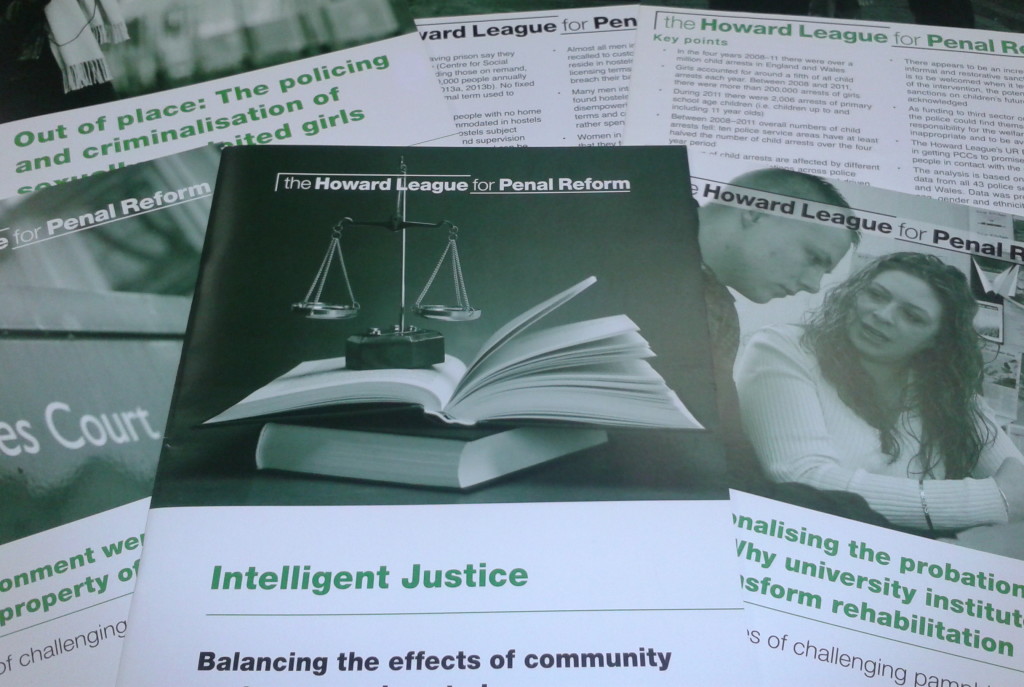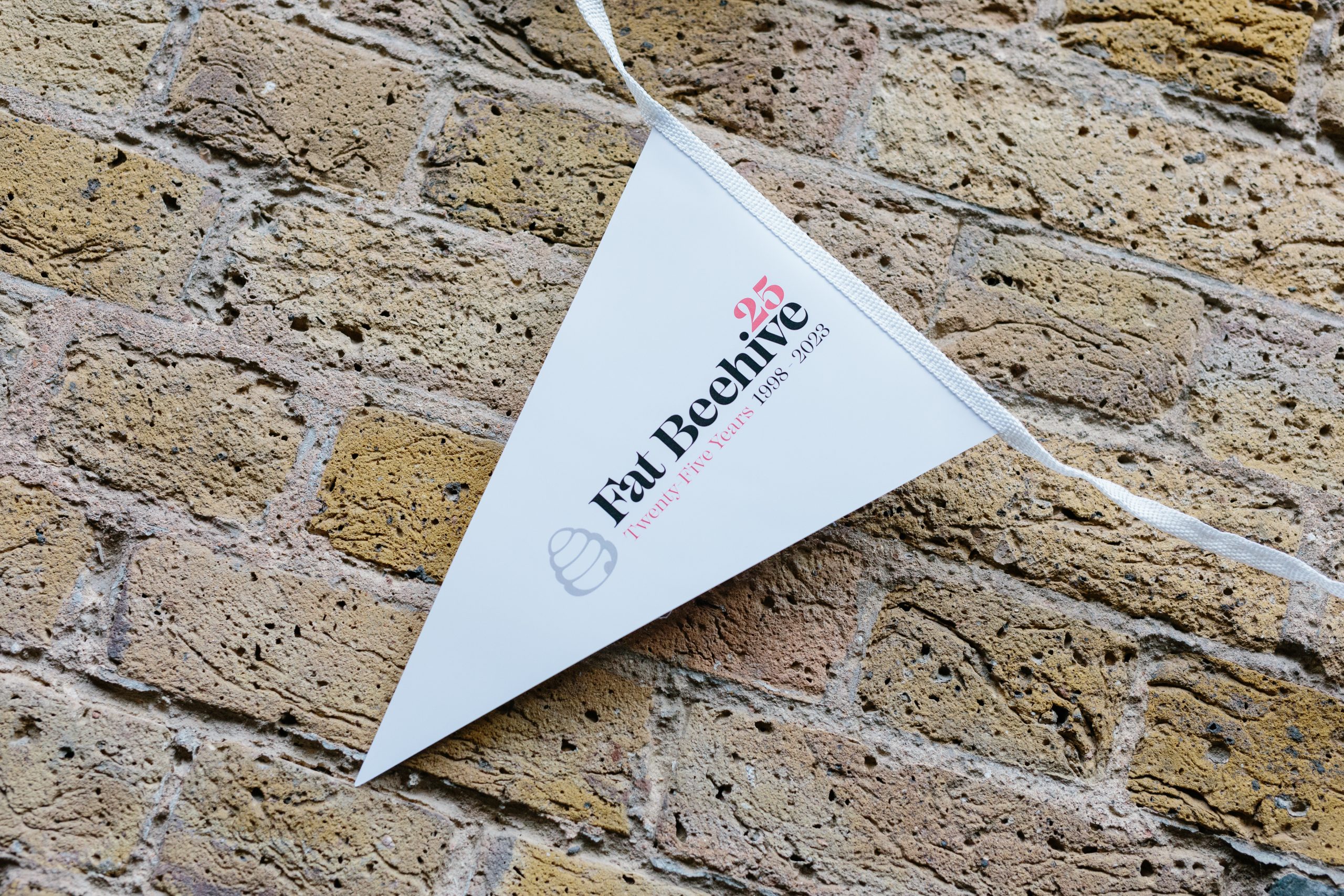The brief
Unlike a new development or brand piece, the research project was born out of conversations and communication centring around how the website has performed during the Covid-19 pandemic and whether trends that had arisen during this period were expected to be temporary or represented a wider shift in how the Howard League’s audiences were using the website.
To begin to analyse these trends, we proposed a research project which focused on a range of activities, all with the focus of tracking audience engagement, behaviour and opinion to both the website and the organisation as a whole.
The process
Focusing on a range of both members and non-members, the research project consisted of three primary activities to gain a greater understanding of the website’s purpose going forwards.
Firstly, as a part of the user-research based process, we interviewed 11 people as a representation of the Howard League’s audiences, asking them about their use of the website, how they are involved with the Howard League and their membership. These interviewees included a criminal justice academic, undergraduate law students and a QC barrister in order to develop a rounded understanding of the breadth of the Howard League’s audience.
These oral interviews probed how the organisation is viewed, how their campaigns are received, why the website is used, and crucially, when. Moreover, these interviews allowed time for free-flowing conversations that unearthed more natural comments and recommendations than would be supplied via a survey.
Following the interviews, a Fat Beehive analyst carried out a review of the tracking in place and the data collected from the Howard League website, using data available within Google Analytics. Such analysis focused on validating the answers provided during the earlier interviews, as well as considering users’ relationship with cookies, how they travel to the Howard League website, what pages they land on first and what role social media plays in relationship to the website.




